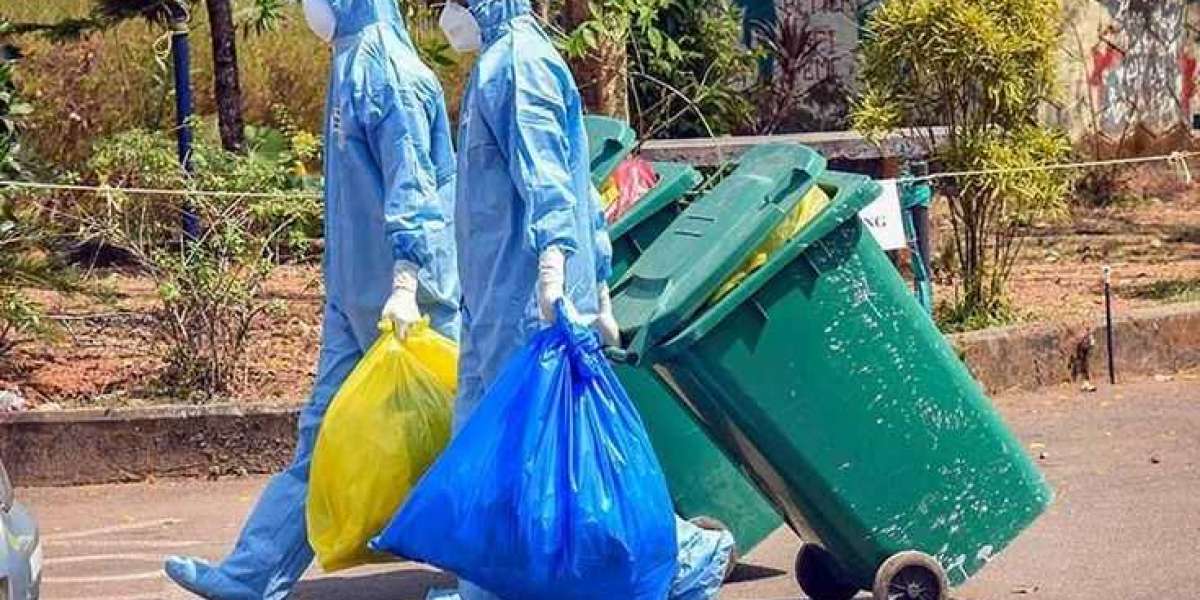Remote and rural healthcare facilities play a vital role in providing medical services to underserved populations. These facilities, often located in isolated regions, face unique challenges, including those related to medical waste disposal. In this article, we explore the special considerations that must be taken into account when managing medical waste in remote and rural healthcare settings.
The Importance of Remote and Rural Healthcare
Remote and rural healthcare facilities serve communities where access to healthcare is limited. They offer essential medical services, ranging from primary care and emergency treatment to public health initiatives. These facilities are lifelines for residents who might otherwise have to travel long distances to receive medical attention. However, providing healthcare services in such areas comes with distinctive challenges, one of which is the proper management of medical waste.
Unique Challenges of Medical Waste Disposal in Remote and Rural Areas
1. Limited Infrastructure: Many remote and rural healthcare facilities lack the infrastructure and resources available to larger urban hospitals. This limitation can affect the availability of specialized medical waste disposal services.
2. Long Transport Distances: The remoteness of these facilities often requires transporting medical waste over long distances to centralized disposal sites, increasing logistical complexities and costs.
3. Resource Constraints: Remote healthcare centers may have limited staff and financial resources to allocate to comprehensive waste management programs, including proper training for employees.
4. Environmental Impact: Due to their locations in pristine and often ecologically sensitive areas, the environmental impact of improper medical waste disposal in remote and rural healthcare facilities can be significant.
Special Considerations for Medical Waste Disposal Services
To address the unique challenges of medical waste disposal in remote and rural healthcare settings, several considerations must be taken into account:
1. Customized Solutions: Medical waste disposal services should tailor their solutions to the specific needs and limitations of remote and rural healthcare facilities. This may include providing smaller-scale disposal equipment, flexible scheduling, and cost-effective options.
2. Local Training: Efforts should be made to provide local training and support for healthcare staff, ensuring they are well-versed in proper waste handling, segregation, and disposal practices. Local knowledge and involvement are invaluable.
3. Efficient Collection and Transportation: Efficient waste collection and transportation strategies are crucial. Options such as mobile medical waste disposal units can help minimize the challenges associated with long distances and limited infrastructure.
4. Environmental Responsibility: Given the environmental sensitivity of many rural areas, medical waste disposal services should focus on minimizing the ecological impact. Implementing eco-friendly treatment methods and emphasizing recycling when feasible are important steps.
5. Regulatory Compliance: It is vital that remote and rural healthcare facilities remain compliant with local, state, and federal regulations, even if their locations present unique challenges. Staying up to date with changing regulations is essential.
Collaborative Efforts for Sustainable Solutions
Solving the challenges of medical waste disposal in remote and rural healthcare settings requires collaboration among various stakeholders, including government agencies, healthcare providers, waste management companies, and local communities. Partnerships can help ensure sustainable and effective solutions that protect public health, the environment, and the well-being of underserved populations.
In conclusion, the provision of healthcare services in remote and rural areas is a noble endeavor, but it comes with distinctive challenges, including medical waste disposal. Addressing these challenges requires specialized solutions, training, and a commitment to environmentally responsible practices. By focusing on these special considerations, we can ensure that healthcare services reach those who need them while safeguarding the health of both patients and the planet in remote and rural regions.














